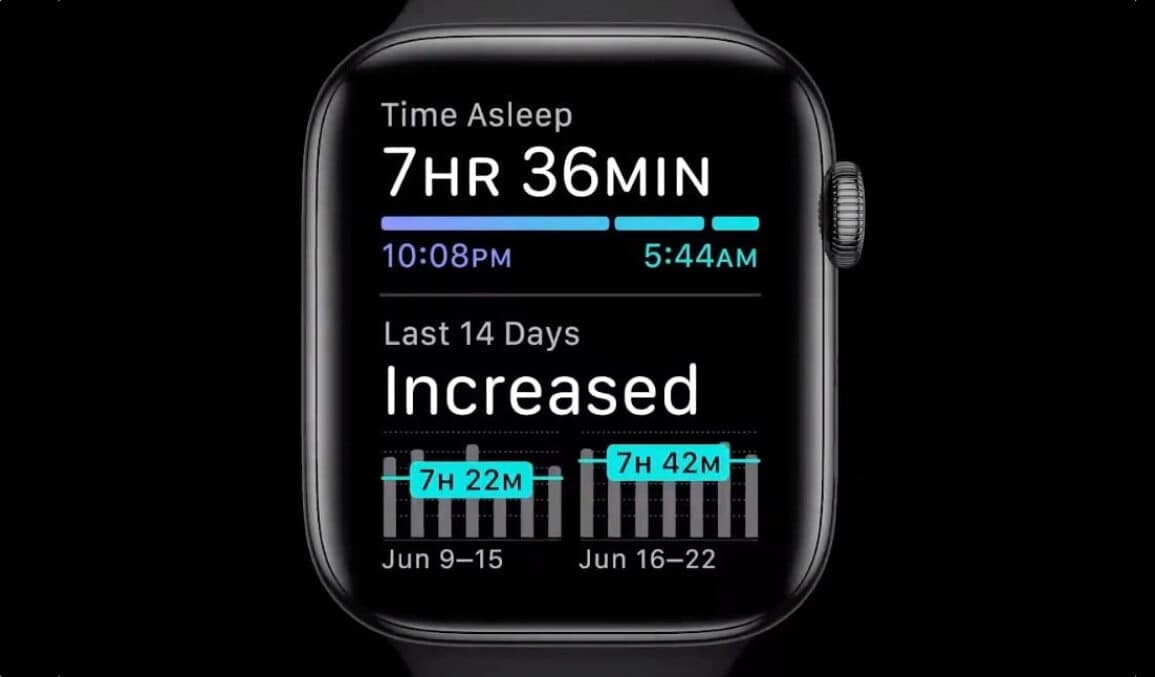According to a new Apple Watch study conducted by Apple, Brigham and Women’s Hospital, and the American Heart Association, the majority of people in the United States are not getting enough sleep at night.
The study, originally focused on identifying early warning signs of atrial fibrillation (AFib), recently released an update on sleep habits, revealing that the average amount of sleep for project participants was only six hours and 27 minutes. This article will discuss the findings of the study in more detail, including regional differences in sleep habits and the impact of technology on sleep.
The study found that only 31.2% of individuals were able to achieve the minimum recommended amount of seven or more hours of sleep per night. While the majority of people reported sleeping between six and seven hours (39.7%), a significant percentage slept less than that, with 20.3% sleeping between five and six hours and 8.8% sleeping less than five hours. These findings highlight the importance of sleep for overall health and wellness, as sleep duration and consistency have been linked to a range of health concerns, including cardiovascular disease, metabolism, and brain health.
Interestingly, the data collected for the Apple Watch study also revealed significant differences in sleep habits across different regions of the United States. Participants in Washington, South Dakota, and Idaho were more likely to meet the minimum recommended sleep amount, while those in Hawaii, Mississippi, and West Virginia were least likely to do so. The study also showed differences in weekday versus weekend sleep habits, with more people going to bed before midnight during the week compared to the weekend.
The Apple Watch study involved over 42,000 people who opted in via their Apple Watch and iPhone. To help improve sleep habits, Brigham and Women’s Hospital suggests establishing a routine and maintaining consistency with sleep patterns. The Apple Watch can also be used to track sleep, providing individuals with insights into their sleeping habits over time.

The results of this study highlight the importance of prioritizing sleep for overall health and wellness, and the need to establish consistent sleep patterns.












